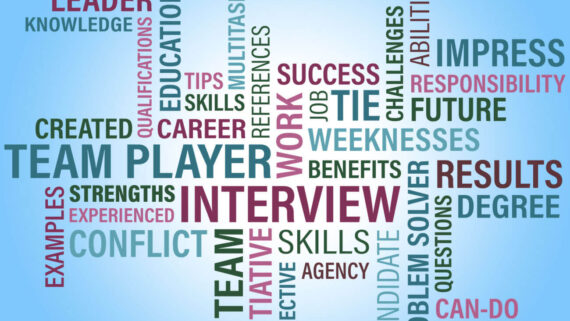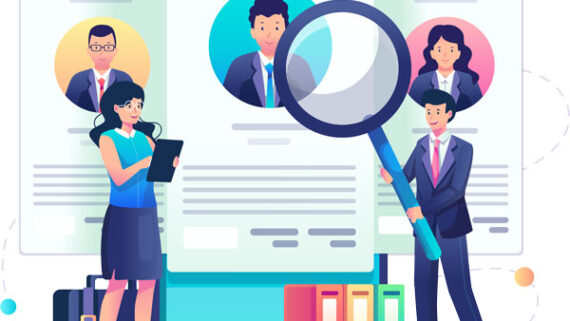HR and Mental Health Awareness
Employees certainly have had a lot to deal with over the past year, in fact for many, entire lives have been turned upside down. Working from home, being unemployed, families together 24/7, schooling at home, and many other changes that came along with the fears of Covid. Before Covid, there was always work-related stress, but the past year brought stress to a whole new level. So, what is the role of HR in recognizing and helping employees that are affected by all this overwhelming stress and anxiety?
According to the CDC, 70% of Americans reported at least one symptom of depression, stress or anxiety and the reward of business prioritizing mental health is happier employees. Happier employees are more productive and feel invested in the company’s goals, but most importantly, happier employees are simply happier people, and this alone should be a reason to make mental health a priority for organizations with employees everywhere.
HR needs to increase awareness about mental health and encourage employees to seek treatment. Mental health issues should not be seen as a failure and getting people to open up about their condition can be a challenge. Younger employees are more comfortable addressing mental health issues than their older counterparts. They have grown up with the comfort of putting their personal lives on social media.
HR can offer access to mental health services and should provide a variety of ways to access it, rather than just in person visits with a therapist. Providing education to staff so that they can spot someone that may be showing the signs of mental illness can be very valuable. There are several types of mental illness ranging from anxiety and depression to bipolar, schizophrenia and PTSD.
The more HR knows about a persons’ situation, the more they can help.









